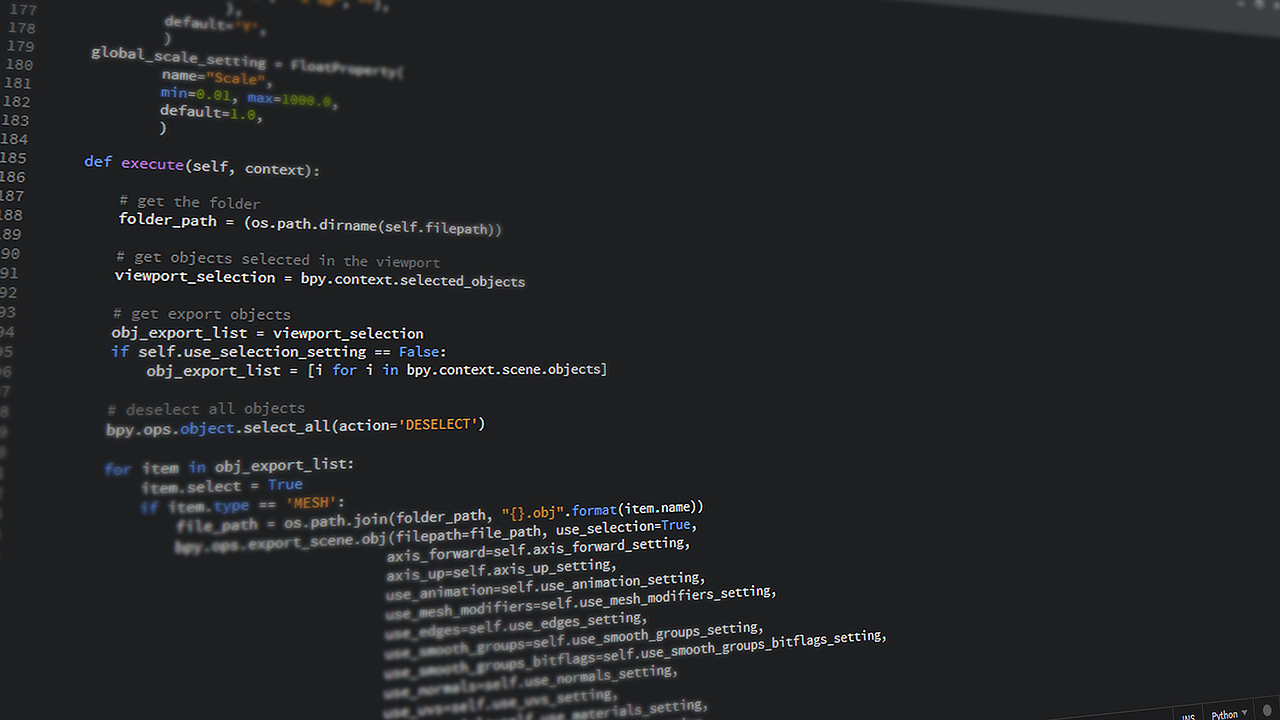For users of Mac or Linux-based machines, aliases and scripts can create some of the most valuable tools for increased productivity. Even if you run a Windows machine, there is a strong possibility that some machines you interact with – such as AWS – utilize a Linux-based framework.
So, what are aliases and scripts? Scripts are files that contain a sequence of instructions needed to perform a complex procedure. I often create scripts to deploy software applications to development server or to execute complex software builds. Aliases are much shorter, single line commands that are typically placed in a system startup file such as the .bash_profile file on MacOS.
Below are some of the aliases I use. Since Mac doesn’t have an hd command (like Linux), I have aliased it to call hexdump -C. Additionally, Mac has no command for rot13 – a very old command to perform a Caesar cipher which I have aliased to use tr.
Since I spend a lot of time on the command prompt, I have crated a variety of aliases to shortcut directory navigation including a variety of up command to move me up the directory hierarchy (particularly useful in a large build structure) and a command to take me to the root folder of a git project.
Finally, I have a command to show me the last file created or downloaded. This can be particularly useful, for example, to view the last created file I can simply execute cat `lastfile`.
alias hd='hexdump -C'
alias df='df -h'
alias rot13="tr 'A-Za-z' 'N-ZA-Mn-za-m'"
alias up='cd ..'
alias up2='cd ../..'
alias up3='cd ../../..'
alias up4='cd ../../../..'
alias up5='cd ../../../../..'
alias up6='cd ../../../../../..'
alias root='cd `git rev-parse --show-toplevel`'
alias lastfile="ls -t | head -1"
One common script I use is bigdir. This script will show me the size of all folders in my current directory. This can help me locate folders taking up significant space on my computer.#!/bin/bash
SAVEIFS=$IFS
IFS=$(echo -en "\n\b")
for file in `ls`
do
if [ -d "$file" ]
then
du -hs "$file" 2> /dev/null
fi
done
IFS=$SAVEIFS
Another script I use helps me find a text string within the files of a folder.#!/bin/bash
SAVEIFS=$IFS
IFS=$(echo -en "\n\b")
if [ $# -ne 1 ]
then
echo Call is: `basename $0` string
else
for file in `find . -type f | cut -c3-`
do
count=`cat "$file" | grep -i $1 | wc -l`
if [ $count -gt 0 ]
then
echo "******"$file"******"
cat "$file" | grep -i $1
fi
done
fi
IFS=$SAVEIFSThese are just a few examples of ways to use scripts and aliases to improve your productivity. Do you have a favorite script or alias? Share it below!
